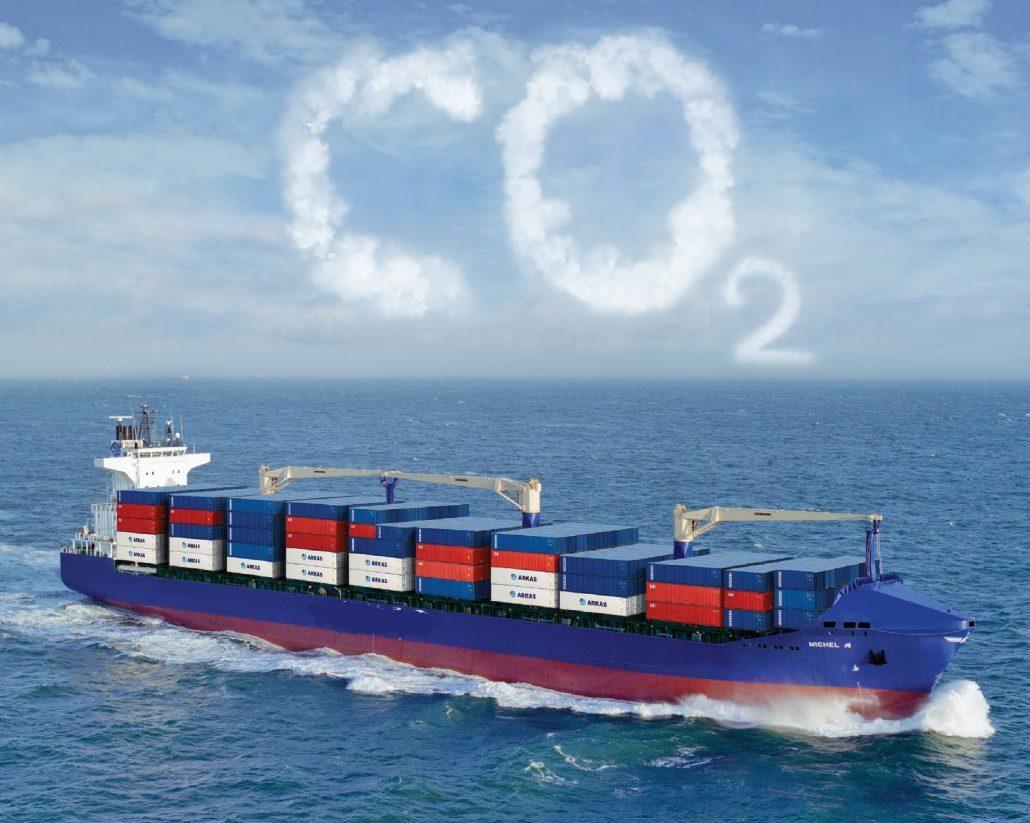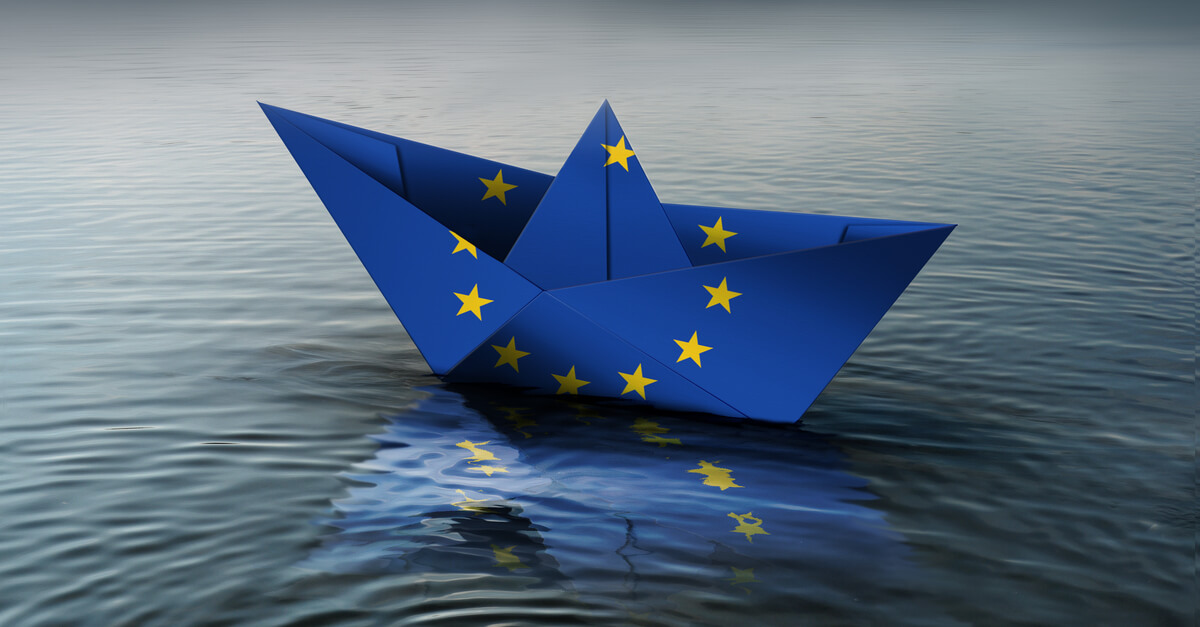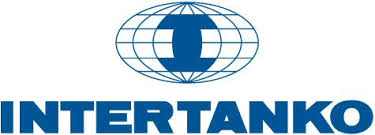
(www.MaritimeCyprus.com) On 10 May 2023, the European Union adopted the 2023 amendments to the EU ETS Directive 2003/87/EC establishing a system for greenhouse gas (GHG) emission allowance trading within the Union and Decision (EU) 2015/1814 concerning the establishment and operation of a market stability reserve for the Union GHG trading system (hereinafter referred to as ‘the revised ETS Directive’). Regulation (EU) 2023/957 OF 10 May 2023 was also adopted to amend Regulation (EU) 2015/757 in order to provide for the inclusion of maritime transport activities in the EU Emissions Trading System and for the monitoring, reporting and verification of emissions (hereinafter referred to as ‘the revised MRV Regulation’).

Article 31 of the revised ETS Directive, defines the person or organisation responsible for compliance with the EU ETS as the ‘shipping company’ meaning the shipowner or any other organisation or person, such as the manager or the bareboat charterer, that has assumed responsibility for the operation of the ship from the shipowner and that, on assuming such responsibility, has agreed to take over all the duties and responsibilities imposed by the International Management Code for the Safe Operation of Ships and for Pollution Prevention. In order to transfer the responsibility from the shipowner to another party there should be an express written mandate to that effect provided to the Administering Authority.
It is advisable for owners to have adequately dealt with the risk of non-compliance by their delegated entity and consider this a termination event under a management agreement, in case of an expulsion order or failure to surrender EUAs in a timely manner.

Recital 32 of the revised ETS Directive recognises that the responsibilities for purchasing fuel or taking operational decisions that affect the GHG emissions of the ship can be assumed by an entity other than the shipping company under a contractual arrangement. In line with the ‘polluter pays’ principle and to encourage the adoption of efficiency measures and the uptake of cleaner fuels, the shipping company should therefore be entitled, under national law, to claim reimbursement for the costs arising from the surrender of allowances from the entity that is directly responsible for the decisions affecting the GHG emissions of the ship.
According to Article 3gc of the revised ETS Directive, this entitlement to reimbursement should be made effective by EU Member States even if there is no express contractual agreement for costs arising from the surrender of allowances. Nevertheless, it would remain best practice for shipping companies and entities responsible for the purchase of the fuel and/or the operation of the ship to develop express contractual clauses to allocate the cost and risk arising from the surrender of allowances.

Members have been asking INTERTANKO to publish such clauses, but, following discussions between the Documentary Committee and the Commercial and Markets Committee, for the reasons set out in the guidance note we consider it more appropriate to issue this guidance note.
The issues arising from the EU ETS will vary depending on the type of charter involved and we deal with each in turn.
You can contact Intertanko secretariat, for the INTERTANKO Guidance on EU ETS Charterparty Considerations via legalanddocumentary@intertanko.com
Source: INTERTANKO














